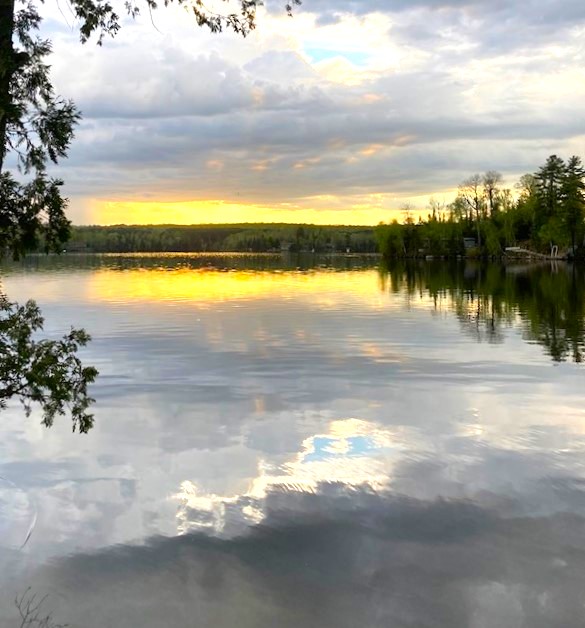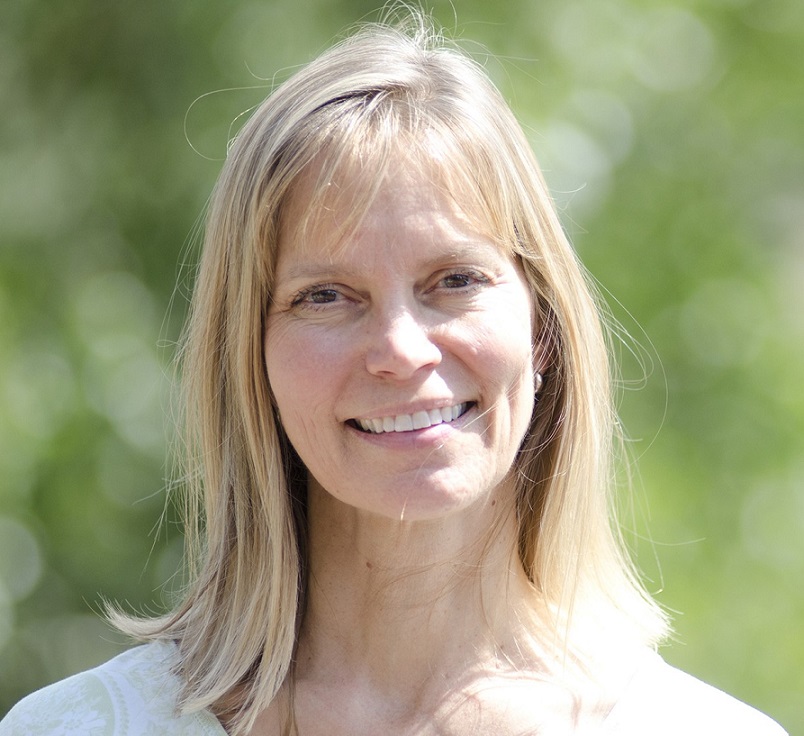 Ann Sheppard
Ann Sheppard
Trust in Poetry
by TAMI HAALAND
When I begin a poetry class, or any writing class for that matter, the students and I start by discussing one particular conception of the forces at work: the editor, or conscious and logical personality, inside all of us who would like perfection; and the free and less conscious personality who is playful, associative, and who makes wild leaps and mistakes. We need both for poetry, for writing, and for life.
Often it’s the latter that needs the most exercise. It’s the part of us that leads us to a state in which time is suspended and the work of the moment takes precedence. The unconscious is a deep well of ideas, metaphors, images, and artistic sensibility. Frequently, the first step in writing poetry is learning to let go. It is not easy to trust where the poem is going, nor to keep going when it all seems to be a muddle, but this is precisely the path forward.
One way to begin letting go is to freewrite, to simply write what comes, without regard for punctuation, spelling or other concerns. The only rule is that one must continue for a certain amount of time. This practice will often allow memories or ideas to surface, and the editor must follow the rules: to write steadily for a given amount of time.
For many, working with specific assignments or with received poetic forms, like the sonnet or pantoum or haiku, can occupy the more controlling parts of the mind in such a way that the less conscious part of the mind becomes more active. Forms or assignments give the conscious mind, or editor, something to do, rules to follow. This gets the conscious mind out of the way and keeps it from overruling the less conscious mind. Once the editor is focused on form, the less conscious side of the mind, like a child left to play, will offer up images and associations that are often stronger and clearer than anything the conscious mind can conjure.
In this part of the process, a quest for perfection is beside the point. In this stage of the work, the poet transcribes the words and images as they arise. The poet works in service to the poem rather than insisting on a particular pathway or thematic development. At least, this is how I work. If I see where things are going and start feeling clever, I’m usually in trouble. It means my conscious mind is taking over and wants to direct things. My method is to write the first draft quickly so that I can stay ahead of too much conscious thought. This probably sounds more mysterious than it really is. Poetry is a practice, and this step is part of a systematic approach to creating early drafts.
To arrive at a place where this practice feels more natural, it is good to engage in training, as with any activity, either athletic or artistic. In the case of poetry, this means reading, studying poetic forms, and practicing them so that structure becomes part of the unconscious reservoir. Practicing long forms and short forms, studying poetry across cultures and from one’s own culture, studying historic as well as contemporary poems — all these methods make up the “boot camp” of poetry training. They also provide the knowledge base that allows a poet to practice freely and to learn to trust that the poem will go where it wants to go. It’s much like navigating life when you can’t see the future, nor can you control it. But trusting that one step leads to another, that one choice leads to the next, will allow the future to unfold, often for the good.
In this way, the practice of poetry is a kind of meditation. During the process, time can disappear. The poem unfolds in the present. It may work out or not, but trusting in the process, following through with the process rather than giving up, letting the poem arrive on the page will open the way to the next step, which is to trust, again, in the artistic process of revision: considering words, phrases and images, hopefully consulting with those who have skill in the field, and trusting that the poem will evolve into a final shape, perhaps ready for publication. This process requires patience, persistence, and honesty. The practice of writing poetry can be a fine teacher.

Tami Haaland

